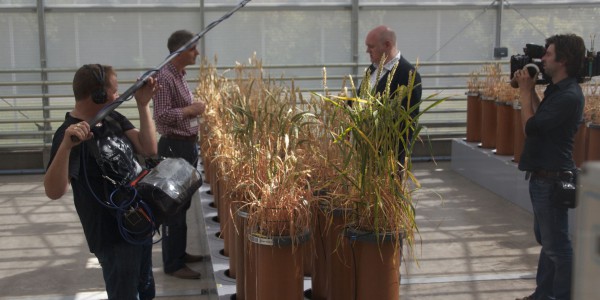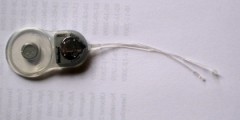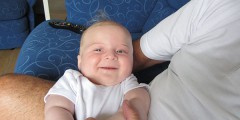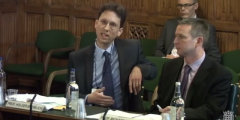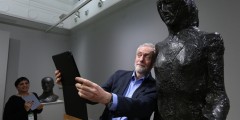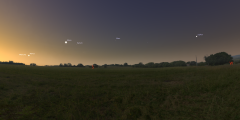Tom Fielden, Science Editor Today Programme, is among the speakers at media workshop – places still available
February 25, 2016
Want to learn more about working with the media? The benefits of engaging with the media? What to do if your research hits the headlines? Tom Feilden, Science Editor at BBC Radio 4’s Today Programme will be joined by speakers from The Science Media Centre, the BBSRC press office and The Conversation for a media …
International Cochlear Implant Day
Cochlear implants are one of the biggest health technology success stories of recent times. NHS trusts around the UK are routinely using them to restore hearing to children and adults with profound deafness. Without their ‘bionic ears’, these individuals would be unable to do many tasks that most of us take for granted. They would not …
Pathways to Impact: giving evidence to a Government Select Committee
February 19, 2016
With a wealth of world-class research being carried out across The University of Nottingham, turning your academic research into a change in public policy can create a huge impact. But in a crowded market it can be a challenge to get your expertise noticed. So when you get an email one Thursday in January, asking …
Anti-corruption scheme led by Nottingham academic announces major projects
February 16, 2016
The British Academy has announced eight projects it will fund as part of its £4 million global anti-corruption research scheme, which is led by Paul Heywood, Professor of European Politics here at Nottingham. The scheme provides support for eight outstanding research teams, whose work will focus primarily on DFID priority countries where corruption is a major …
Ripples in time and space – the dance of death!
February 12, 2016
Want to know more about Gravitational Waves? Here’s some helpful info from Dr Julian Onions from the Nottingham Astronomy Group in the School of Physics and Astronomy at The University of Nottingham. It was quite a day for the LIGO (Laser Interferometer Gravitational-Wave Observatory) team yesterday. They announced the first direct detection of gravity waves today. …
What do you Frink? Jeremy Corbyn drops in to see The University of Nottingham’s latest exhibition
The leader of the opposition party, the Rt. Hon. Jeremy Corbyn MP, has visited The University of Nottingham. Mr Corbyn came to Nottingham University’s Business School this evening (Thursday 11 February 2016) to deliver a talk to Nottingham students and invited Labour supporters. Prior to the talk, he made time to see the Elisabeth Frink …
5 things you need to know about tinnitus
February 10, 2016
It’s Tinnitus Awareness Week so we asked one of our experts, Professor Deborah Hall, to share five things about one of the most common chronic hearing-related conditions in the western world. 1. Tinnitus is a symptom, not a disease There are many different kinds of medical conditions that can increase the chance of developing tinnitus, often …
The 5 Planet Waltz
February 4, 2016
If you are planning to get up early to see the brightest five planets all in alignment – an unusual sight but clear enough on a clear day before the sun rises to see with the naked eye – here’s some useful background information from astronomer Dr Julian Onions in the School of Physics and …
Cancer experts say more work needed to test benefits of proton beam therapy
Professor David Walker from our Children’s Brain Tumour Research Centre is among a group of UK paediatric oncologists to caution that recent media reports have exaggerated the results of an American study of the benefits of proton beam radiotherapy in children with medulloblastoma. The team of leading experts are part of the Children’s Cancer and Leukaemia Group …

